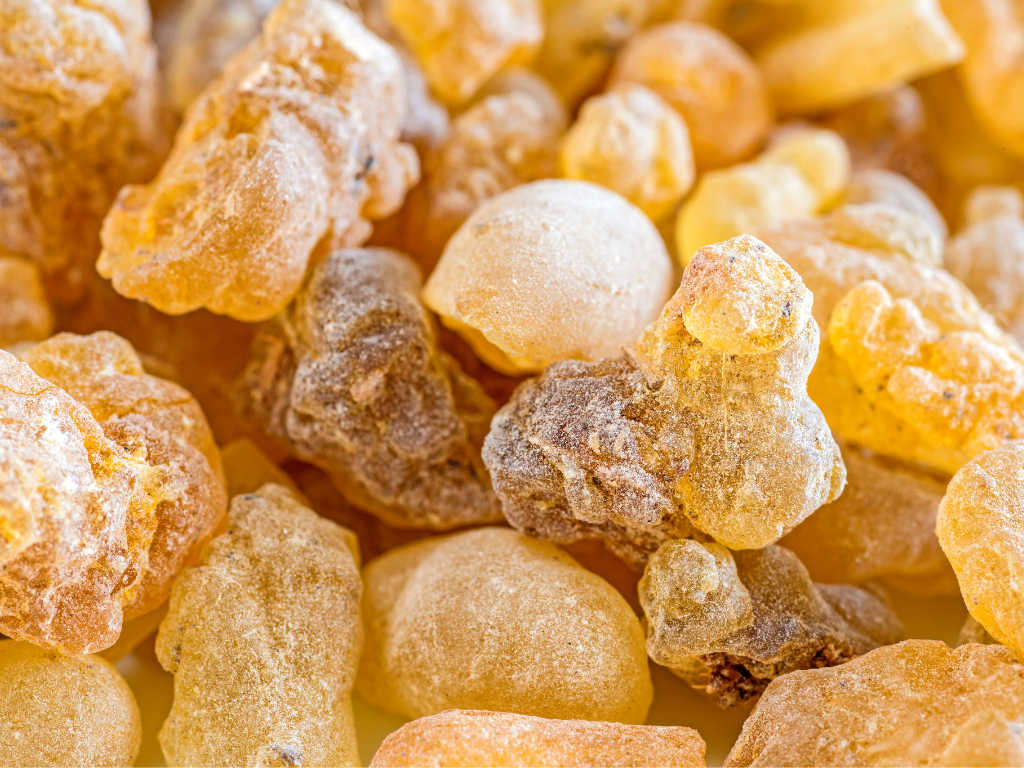1. The Gift of Gold
The gift of gold presented to the infant Jesus by the Wise Men was a fitting tribute to His divine kingship. In the ancient world, gold was a precious metal reserved for royalty and those of the highest status. By offering gold, the Magi acknowledged Jesus as the King of the Jews, the long-awaited Messiah foretold in Scripture.

This valuable gift not only symbolized Christ’s sovereignty but also provided financial support for the Holy Family’s upcoming journey to Egypt, where they would seek refuge from Herod’s persecution.
The gold’s significance extends beyond its material worth, as it represents the honor, worship, and reverence due to the Son of God.
Through this gift, the Wise Men set an example for all believers, demonstrating the importance of offering our best to the Lord and recognizing His supreme authority in our lives.
2. The Gift of Frankincense

The gift of frankincense, a fragrant resin derived from the Boswellia tree, was another precious offering given to the newborn Jesus by the Wise Men. In biblical times, frankincense was used in temple worship as a sacred incense, symbolizing the prayers and petitions of the faithful rising to heaven.
By presenting this gift, the Magi acknowledged Jesus as the Great High Priest, the ultimate mediator between God and man. Frankincense also served as a reminder of Christ’s divine nature, as its sweet aroma signified His perfect life and the pleasure He brought to His Heavenly Father.
The use of frankincense in burial rituals foreshadowed Jesus’ future sacrificial death and His role as the atoning sacrifice for the sins of humanity. This gift, steeped in spiritual significance, invites believers to offer their lives as a living sacrifice, holy and pleasing to God, just as Christ gave Himself for us.
3. The Gift of Myrrh

The gift of myrrh, an aromatic resin extracted from the Commiphora tree, was the third offering presented to Jesus by the Wise Men. In ancient times, myrrh was used in perfumes, anointing oils, and burial spices.
Its presence among the gifts foreshadowed Christ’s suffering and death, as myrrh was commonly used to prepare bodies for burial. This gift symbolized Jesus’ humanity and His willingness to endure the agony of the cross for the salvation of mankind.
It also pointed to His role as the Sacrificial Lamb, whose atoning death would bring healing and restoration to a fallen world. The bitter taste of myrrh represented the bitterness of sin and death, which Christ would overcome through His resurrection.
By offering myrrh, the Magi unknowingly prophesied the redemptive work Jesus would accomplish, providing a poignant reminder to believers of the high price paid for their salvation.
The Gift of Love and Adoration
The greatest gift the Wise Men offered to Jesus was not the tangible presents of gold, frankincense, and myrrh, but rather their love and adoration. These men, likely of high status and education, humbled themselves before the infant King, recognizing His divinity and the profound impact He would have on the world.
Their act of worship, which involved a long and perilous journey guided only by a star, demonstrated the depth of their devotion and faith. By bowing down before Jesus and presenting their gifts, the Magi set an example for all believers, emphasizing the importance of seeking Christ with sincere hearts and offering Him our most precious possessions—our time, talents, and affections.
This gift of love and adoration, more valuable than any earthly treasure, is what truly pleases God and draws us closer to Him, as we acknowledge His Son as our Savior and King.
